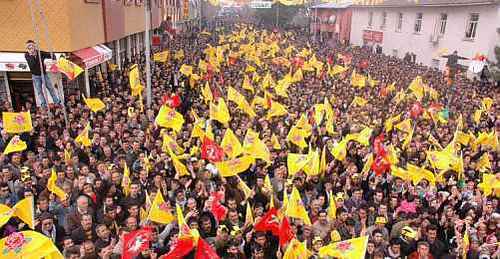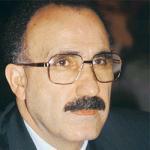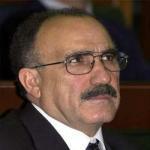Although Minister of the Interior Beşir Atalay has asked for public support for a Kurdish initiative, there are many obstacles for the package.
No more prosecution for speeches
To give one example, parliamentarians of the pro-Kurdish Democratic Society Party (DTP), whom both President Abdullah Gül and Prime Minister Recep Tayyip Erdoğan have refused to meet with, are being told to come to court and make statements regarding their messages on the Kurdish question, despite the fact that they have parliamentarian immunity.
During campaigns for the local elections in March this year, the preferential treatment given to the ruling party, the main opposition party and other conservative parties was ignored, while Diyarbakır's private Gün TV channel was handed a 12-day broadcasting ban for showing programmes in favour of the DTP.
No more investigation for use of Kurdish or messages of peace
The insistence on the use of Turkish in politics, enshrined in the Law on Political Parties, must be given up.
Furthermore, there must be an end to investigations of DTP members based on police and gendarmerie reports of expressions of similar opinions which the government's highest institutions are now voicing.
There must also be an end to the prosecution of newspapers like Günlük Evrensel, Günlük and Azadiya Welat and the Dicle News Agency (DİHA) for publishing peaceful messages of the PKK that international news agencies freely report on.
As the mentality of judges, the state and the government on the Kurdish issue is changing, the concept of "organisational propaganda" (Anti-Terrorism Law 7/2) must be abolished and Article 6/2 of the same law must only punish messages that encourage violence.
Q, W,X...
The use of the letters Q, W, and X, already possible in the country for anyone but Kurds, must be allowed. Article 222 of the Turkish Penal Code, which makes the use of Turkish letters compulsory, a law that is based on legislation from 1928.
No more punishment for pacifists and critics of army
There must also be an end to punishing people who believe that armed conflict is not a solution. Therefore, Article 318, which penalises "the alienation of the public from military service", and Article 301, which, among other things, punishes the "denigration of the state's armed forces" must be abolished.
More freedom for Kurdish broadcasts
As far as Kurdish broadcasts are concerned, private TV channels and radio stations must be given the same rights as the state TRT 6 channel has been given. This means that they must be allowed, for instance, to target children with educational or entertainment programmes, to broadcast language learning programmes, and to broadcast without compulsory subtitles. There should also be an end to the restrictions of five hours or four hours a week of mother tongue broadcasts for radio stations and TV channels respectively.
Kurds must also be allowed to speak Kurdish when called to court as witnesses or defendants, and there must be no more obstacles to the speaking of Kurdish during visits in prison.
The state and the judiciary system need to answer the need for justice that those put on trial for their publications and ideas feel. Cases should not be left to the European Court of Human Rights; rather, justice should be handed out at home. (EÖ/AG)














